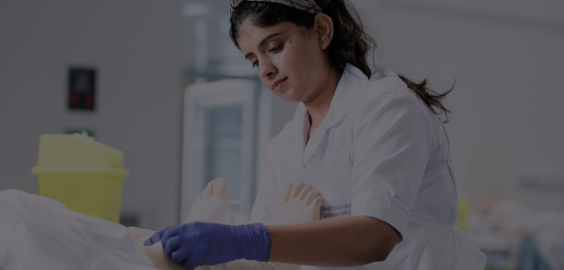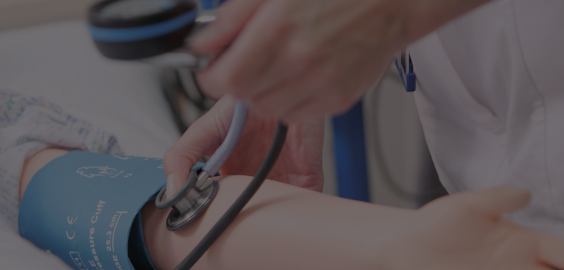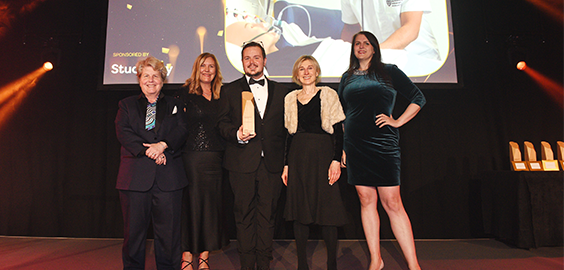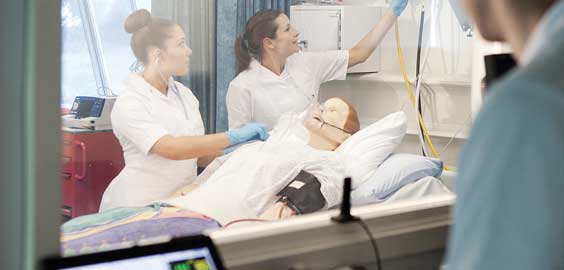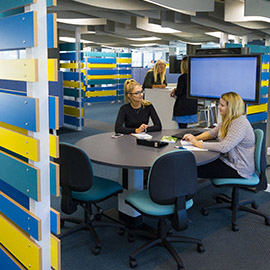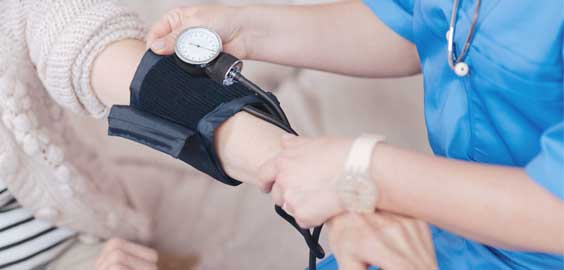Specialist
Community Public Health Nursing (SCPHN) Health Visitor or School Nursing Open
Evening at 16:30 on 4 March 2025 at Coach Lane Campus, Benton Road NE7 7XA.
Northumbria
University has an established reputation for excellence and innovation in
nursing education. This programme meets the standards of proficiency for Specialist Community Public Health Nurses (SCPHN), as defined by the Nursing and Midwifery Council.
Make a genuine
impact on the health and wellbeing of your patients and clients through the
Specialist Community Public Health Nursing (Health Visiting /
School Nursing) post-registration programme. As
a registered nurse or midwife, you will graduate from the Specialist Community
Public Health Nursing (Health Visiting / School Nursing) post-registration programme
with the skills you need to go into this exciting rewarding field of work, building on your
existing knowledge with evidence-based
practice.
Within the field of
Health Visiting, you’ll combine critical thinking with expert learning, and
you’ll learn specialist skills for public health and community working. You
will be supported to develop effective leadership skills and demonstrate
advanced partnership working across all areas of practice.
CPHN Health
Visitors use their professional autonomy to adapt and tailor their response to
the health and wellbeing needs of children,
families and communities within diverse and changing contexts, positively influencing their future health outcomes.
After successfully
completing this post-registration programme, you will be recognised as a
Specialist Community Public Health Nurse, on the third part of the Nursing and
Midwifery Council register. You will also receive a Postgraduate Diploma from
Northumbria University.
If you’re looking for
something else in nursing then take a look at our wide range of NHS Funded Nursing Courses
You will study partially at our Coach Lane Campus, as
well as on placement, with both strands running alongside each
other to give you an integrated approach to theory and practice.
How to Apply
This course is open to Nurses and midwives on part 1 of NMC register only. Those wishing to study the course will be required to complete a university application once they have undergone an interview with their employing Trust and secured a place. Places on this course are advertised via partner trusts at the beginning of each calendar year. The University holds Open Events throughout the year which will and allow you to ask questions and meet some of the postgraduate academics you will be taught by. Details of these events will be published on this webpage and on the University's social media accounts.
To find out more about the course or for assistance with the application process contact us via email.
 Option for Placement Year
Option for Placement Year Option for Study Abroad
Option for Study Abroad

